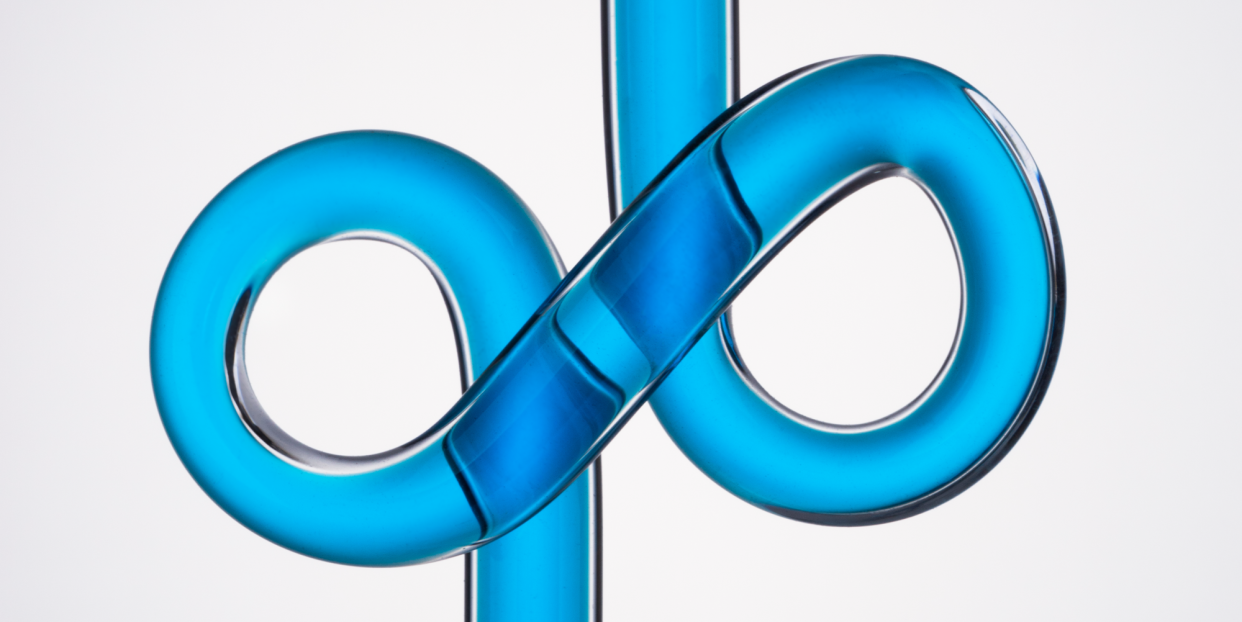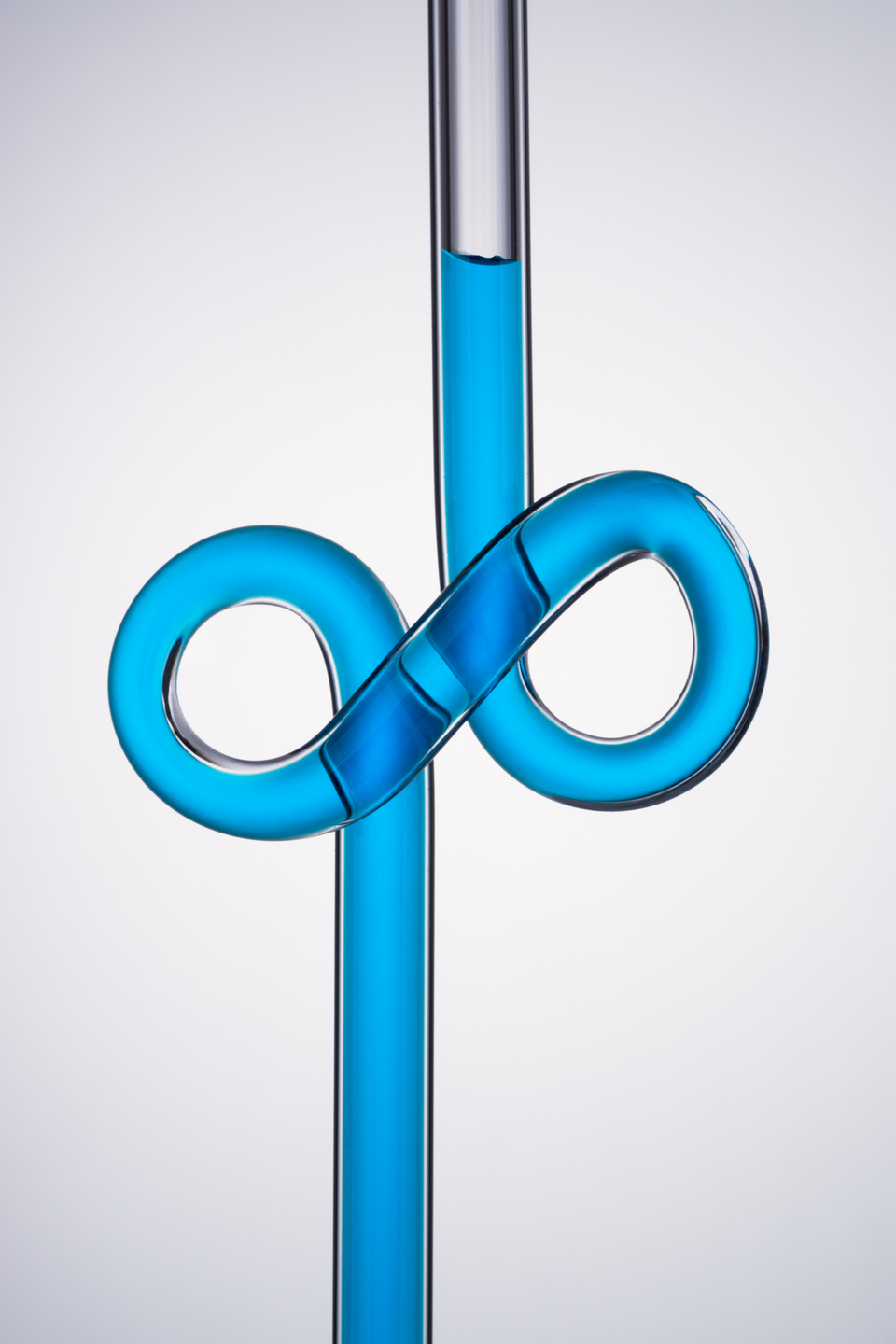Nervous About Your Colonoscopy? Read This


Among the many medical procedures people must endure over the course of a lifetime, a colonoscopy is solidly on the no-big-deal side of the spectrum. We get it; the whole idea is cringey, and obviously no one looks forward to having a little camera go up there, but it’s truly a safe, low-risk undertaking, says Jonathan LaPook, MD, a board-certified physician in internal medicine and gastroenterology and chief medical correspondent for CBS News. Not only that, it is an important (and potentially lifesaving) routine procedure.
Colorectal cancer is the second-leading cancer killer in the United States—and a colonoscopy is the best way to detect any cell abnormalities and take care of the growth of malignant polyps with one quick snip. (You will not feel a thing—promise.) Even still, many people find the procedure intimidating or even scary. To normalize the process and ease any nerves, Gayle King and Adam Glassman recently went for colonoscopies from LaPook. Since being informed can help ease lingering jitters and remind us of the importance of taking care of ourselves, we asked the good doc to share five things everyone should know about getting a colonoscopy.
Everyone should get one starting at age 45
The age recommended for your first colonoscopy was recently bumped down from 50 to 45, says LaPook: “Over the last several years, we’ve seen colon cancer affecting younger and younger people.” Looking at the big picture, the risk of developing colorectal cancer increases as you get older; the majority of those diagnosed are 50 and above. But a study published by the American Cancer Society in March showed a 9 percent increase in cases in the under-50 set since 2020. What’s more, those cases are typically aggressive. The reasons remain a mystery until more research is done, but experts have theories that touch on factors like the gut microbiome. If you have a family history of the disease, your doctor may want you to start even earlier.
The prep isn’t that bad
Yes, there will be diarrhea, and your butt might get sore, but that’s about as bad as it gets.
Generally speaking, for a few days in advance, you’ll need to avoid certain foods like nuts, seeds, popcorn, and fibrous veggies—they can stick around in your digestive track and obscure the lesions or suspicious cells your doctor is looking for. Your serious cleansing drill starts the day before the colonoscopy to empty your intestines completely so your doctor can see what’s happening in there. It’ll include a clear liquid diet and laxatives. Not appetizing, but know that today’s process is much less brutal than it used to be, due to new laxative options in liquid or pill form (such as Suprep Bowel Prep Kit and Sutab) that don’t require downing cup after cup of a yucky formula. Essentially, stay near a bathroom, and think of the freedom to watch a bunch of movies. Pro tip: Get soft toilet paper and maybe some Aquaphor for any irritation.
The procedure doesn’t hurt
The actual time you’re on the table is quick; usually about 30 minutes or less. And the anesthesia administered will knock you out, so for all you know, you just had an incredible, peaceful nap. While you are out, the doctor inserts a flexible scope with a camera and goes on the hunt for any abnormal cells and lesions. Like the evolution in laxatives, the tools used here are modern upgrades—super techy and safe. There are better ways to expand the colon, sharper cameras that catch even flat polyps that blend into the intestinal wall and project their images on a big screen, and more precise tactics for taking out anything suspicious. “During a colonoscopy, in addition to a doctor, there’s going to be an assistant and an anesthesiologist whose whole job is to make sure you’re safe,” reassures LaPook. You’re in good hands.
Don’t be scared if they find a polyp
Polyps are masses of cells, or lesions, that grow inside the colon. They’re very common, and most are completely harmless, but sometimes they can become cancerous over time. A fairly long time. “The overwhelming majority of polyps that you find are benign,” says LaPook. “A polyp can be in there for five, 10, 15 years, maybe, without turning into cancer. The beauty of the colonoscopy is that you find the polyp and you pluck it out, and instead of potentially getting cancer, you don’t get cancer.” Even if your doctor finds a polyp that has grown into cancer, there’s a lot that can be done, he says. “If the polyp starts to turn into cancer and has started to spread into the colon wall, even at that point, you can cut it out. Imagine a garden hose. You cut before the polyp, you cut after it, then you join the hose back together.”
Early detection is everything
The proportion of people diagnosed with advanced-stage colorectal cancer is on the rise, says a new report from the American Cancer Society. At the same time, colorectal cancers are extremely preventable and over 90 percent curable when they’re discovered early. “I can go in there and actually diagnose this thing that is silent, that might not show any symptoms, that could have turned into colon cancer, and remove it then and there,” says LaPook. “And it just takes this one relatively easy screening.” And that right there is the reason routine colonoscopies are so darn important.
You Might Also Like

